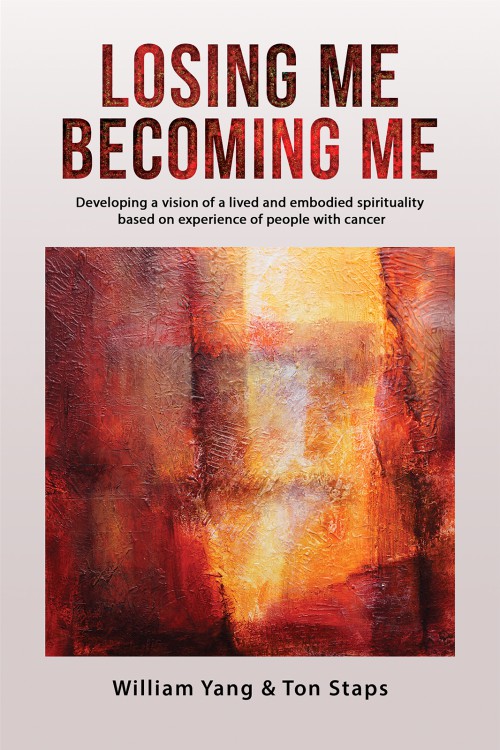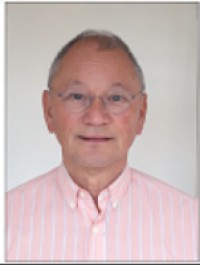
By: William Yang
*Available directly from our distributors, click the Available On tab below

William Yang
William Yang founded Tabor House in 1990. It was the first centre in the Netherlands that offered psycho-spiritual counselling and support to cancer patients and their relatives. Drawing on spiritual traditions from East and West, he aims to integrate different modes of meditation and psycho-energetic exercises as an essential part of the therapeutic process. The results of his study on the existential crisis among cancer patients were first published in Existential Crisis and the Awareness of Dying: The Role of Meaning and Spirituality (2010).
In later years, he researched the interconnection between changes in the experience of the body and in a person’s perspective on life and the sense of self. Through his doctoral research, William uncovered a dimension of a truly lived and embodied spirituality, resulting in a heightened process of individuation.
Ton Staps
Ton Staps is a health psychologist and psychotherapist who, from 1976–1998, worked as a staff member in the Department of Medical Psychology at the University Medical Centre of Radboud University in Nijmegen, the Netherlands. As a psychologist, he worked for the department of radiation therapy, where he counselled and supported many cancer patients. He held a teaching position in the faculty of medicine.
When Tabor House was founded in 1990, Ton was very much present, offering his expertise as a supervisor of the team and contributing to the work across different functions over many years. He worked as a senior researcher in Tabor House and participated in a qualitative research project which focused on the changing experience of the body in the process of dealing with an existential crisis.
As a cancer patient and as someone who has studied 'spirituality' for some years, I welcome this book. This is not an easy text in the sense that it takes you into the very heart of what it means to live with a life-threatening illness such as cancer. At the heart of the book are the vocies of cancer patients who describe their journey with cancer. Despite the suffering and the fear which surrounds a disease such as cancer, this book is a courageous attempt to remind us that we are all ultimately fragile, vulnerable human beings who cannot escape from our bodies and the reality of life. The book challenges some of the notions of spirituality which are no more than an escape from what IS. A diagnosis of cancer can force us to acknowledge that we are embodied beings. It argues that any approach to 'spirituality' that is worth its salt is ultimately about facing the reality of our physicality and mortality, something that requires courage and can lead to profound transformation, grounded in the body.
We use cookies on this site to enhance your user experience and for marketing purposes.
By clicking any link on this page you are giving your consent for us to set cookies